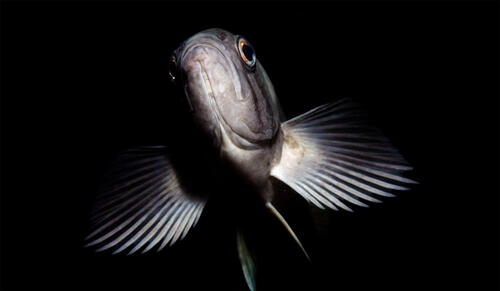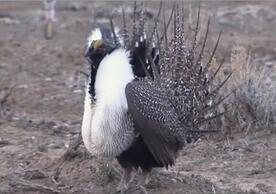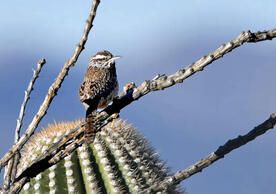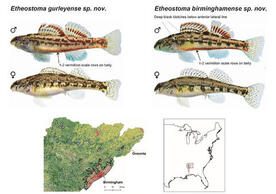
Fish, the most biodiverse vertebrates in the animal kingdom, present evolutionary biologists a conundrum: The greatest species richness is found in the world’s tropical waters, yet the fish groups that generate new species most rapidly inhabit colder climates at higher latitudes. A new Yale study helps to explain this paradox. The researchers discovered that the ability of fish in temperate and polar ecosystems to transition back and forth from shallow to deep water triggers species diversification. Their findings published Feb. 11 in the journal Nature Communications, suggest that as climate change warms the oceans at higher latitudes, it will impede the evolution of fish species.
“The fish clades contributing the most fish diversity in today’s oceans are leveraging the water column and the ocean depths, in particular, to diversify,” said lead author Sarah T. Friedman, who conducted the research while a YIBS G. Evelyn Hutchinson postdoctoral associate at Yale. Friedman, now a research fish biologist at the National Oceanic and Atmospheric Administration, coauthored the study with Martha Muñoz, an assistant professor of ecology and evolutionary biology in Yale’s Faculty of Arts and Sciences, and an assistant curator of vertebrate zoology at the Yale Peabody Museum. For more information, click here for an article published by Yale News.



